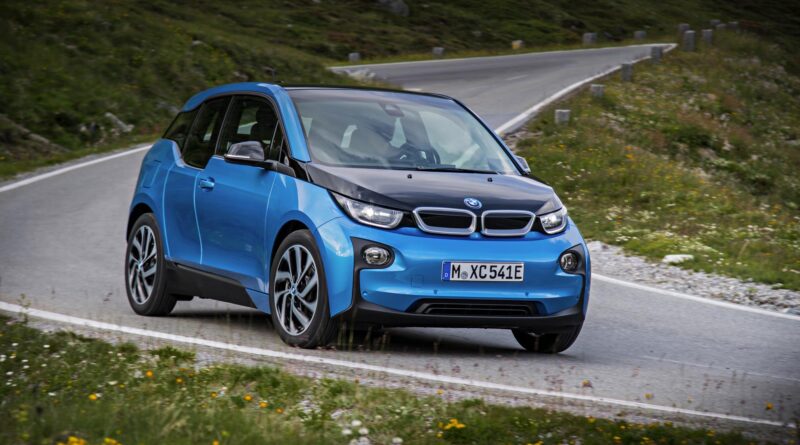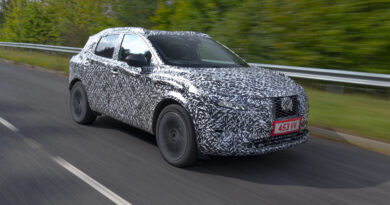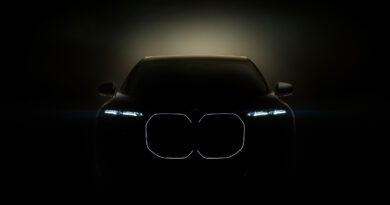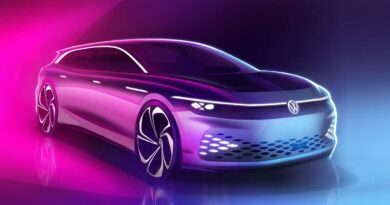BMW to double energy density, and halve the size, of EV batteries
BMW is confident it can double the density of its EV batteries by 2030, using either an improved form of current technology or a shift to solid-state batteries, but that won’t just mean the increase in range you’re expecting.
BMW’s connected e-mobility boss Jan Freimann points out that “battery cells are the key to the driving pleasure of tomorrow” and, as we all know, there’s more to driving pleasure than how far you can go.
“Batteries are a significant driver in the overall weight of the car, and the weight of the battery has to be kept low, for better handling, but once we have doubled the energy density of the battery, in some applications we might not use that for extra range, we might halve the size – and weight – of the battery instead, to make the car lighter – and better to drive,” Freimann explained.
It’s an approach that has also been discussed by those at arguably BMW’s most EV-friendly brand, Mini. Light weight and small size have long been hallmarks of the go-kart-like Mini, and thus smaller batteries that provide the same amount of range currently offered on those city-friendly vehicles could be an advantage.
“It’s all about EV range at the moment, and you can increase that range by increasing the battery size, but once you get to a certain size it doesn’t make economic sense any more, so increasing energy density will change that,” Freimann says.
“And the fact is, customers usually only get down to about 30 or 40 per cent of charge anyway, they never utilise the whole battery, so running around with a big battery and never using it is not good for your economy, your value or the overall weight of your car.
“There’s no doubt the success of EV mobility will be driven by battery technology and that’s why, at BMW, we are committed to going into every detail of how our batteries are made – the design of the cell, the materials used.
“Other OEMs use the same cell manufacturers, but we are different. Our in-house competence approach is something no one else is doing. This really keeps all the profitable work, at BMW, in house, and only the manufacturing of the battery cells is done outside, because of economies of scale.”




